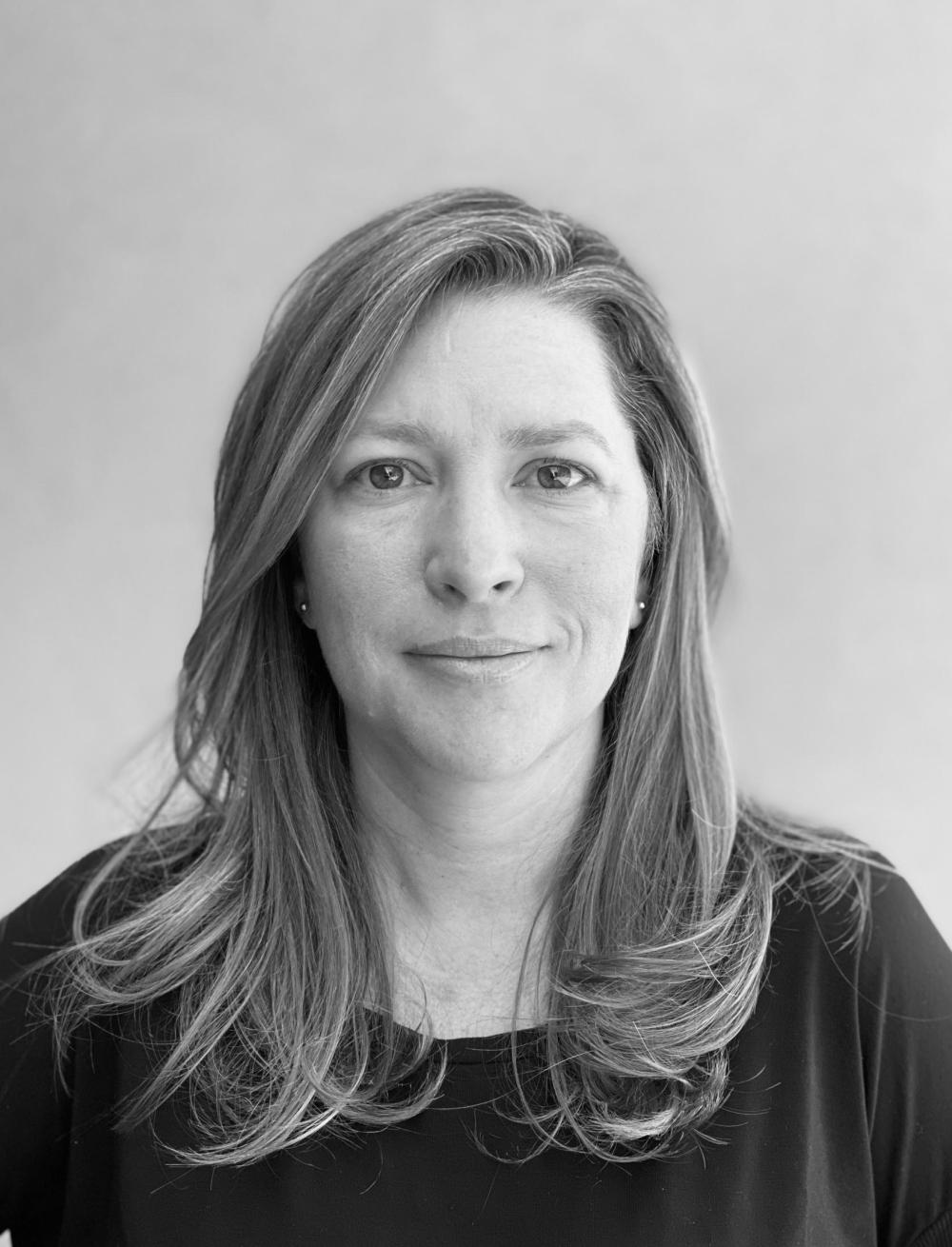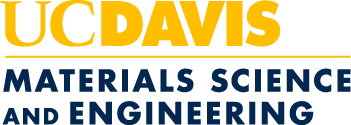Marina Leite Elected IEEE Senior Member
In June 2022, Materials Science and Engineering Associate Professor and UC Davis Chancellor’s Fellow Marina S. Leite was elevated to senior member status by the Institute of Electrical and Electronic Engineers (IEEE). Senior membership is the highest grade that IEEE members can apply for, and achieving this honor requires an extensive professional background in IEEE-designated fields over the span of ten years with five years of significant performance.

Leite conducts research in clean energy harvesting and advanced photonic optical devices. Her research on electronic materials is focused on understanding and controlling physical and chemical processes that can affect the performance of photovoltaic devices. In particular, the Leite Lab currently focuses on applying organic-inorganic hybrid materials, such as halide perovskites, for efficient and low-cost solar cells.
Perovskites have considerable potential for creating renewable energy sources, however more research is needed to understand how this material can remain stable under certain light, temperature, oxygen and humidity conditions. The Leite Lab is investigating advanced data science techniques like neural networks that allow them to predict perovskite solar cell degradation and performance under different conditions over time.
Leite is recognized for her contributions to the field of photovoltaics and optoelectronics. She received her master’s in nanostructured materials and her Ph.D. in semiconductor physics from University of Campinas in Brazil and completed her postdoc in applied physics at the California Institute of Technology before becoming a faculty member. She is currently the chair of the Topical Group on Energy Research and Applications for American Physical Society (APS) and has been invited to present her scientific findings at more than 150 symposiums and research institutions around the globe.
"I am very humbled by this recognition from IEEE,” she said. “We realize tools at the nanoscale to visualize dynamic events within materials formed by mesoscale constructs, and we apply high-throughput, automated characterization techniques and machine learning models to forecast material degradation. Combined, these methods are enabling us to unravel key phenomena in emerging materials for clean-energy technologies."
